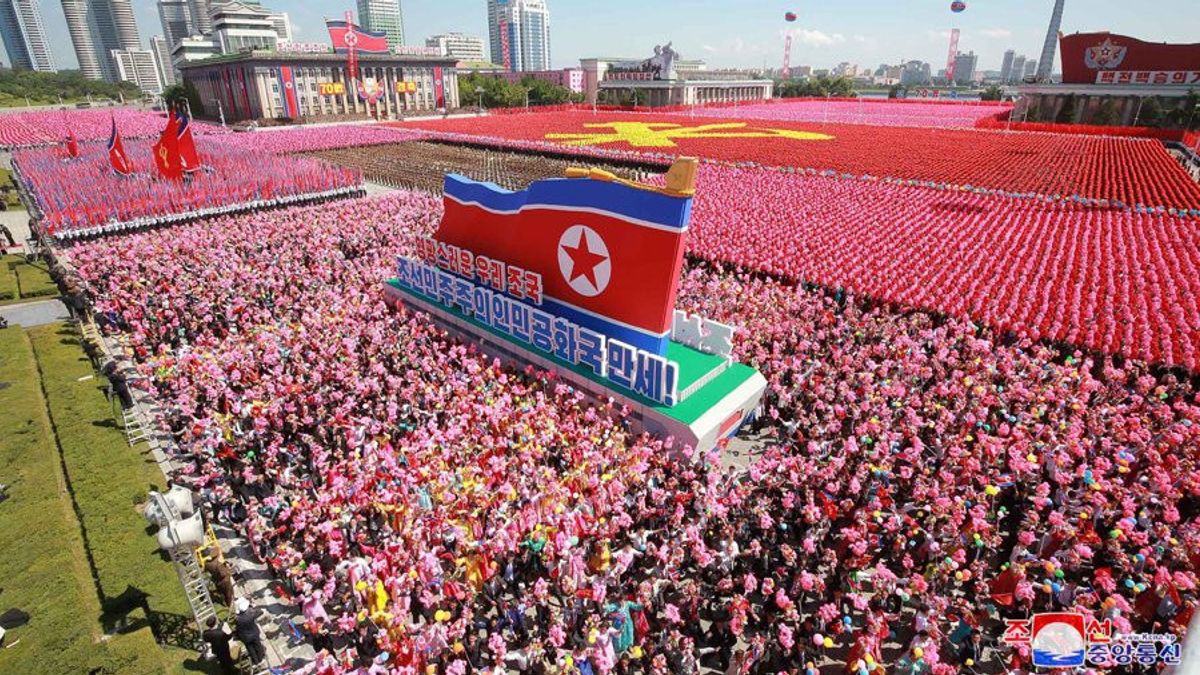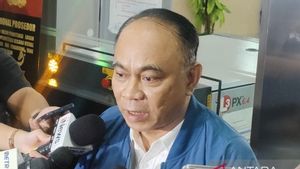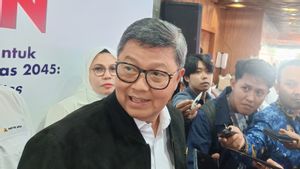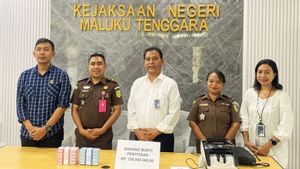JAKARTA - China and Russia are pushing for the UN Security Council to ease sanctions on North Korea, reviving a 2019 effort to lift a ban on Pyongyang's exports of statues, seafood and textiles and expanding it to include lifting limits on imports of refined oil.
In a reworked draft resolution, seen by Reuters on Monday, China and Russia want the 15-member council to lift sanctions, "with a view to improving the livelihoods of civilians" in the isolated Asian nation.
North Korea has been subject to UN sanctions since 2006 over its nuclear and ballistic missile programs.
The draft resolution also includes other measures first proposed by Russia and China nearly two years ago, including lifting a ban on North Koreans working abroad, as well as exempting inter-Korean rail and road cooperation projects from sanctions.
Several UN diplomats, speaking on condition of anonymity, said the updated draft resolution would find little support. In 2019, Russia and China held two rounds of informal talks on a draft resolution, but never formally put it up for a vote.
Diplomats said on Monday China and Russia have not scheduled any talks on their new draft resolution. A resolution requires nine votes in favor and no vetoes by the United States, France, Britain, Russia or China to pass.
The Russian and Chinese missions to the United Nations did not immediately respond to requests for comment on the new resolution, which diplomats said was circulated to council members on Friday.
"It is China's wish, we must also address the humanitarian dimension caused by the sanctions imposed by the Security Council," China's UN Ambassador Zhang Jun told reporters last month, adding that the 2019 draft resolution "stays on the table". November 2nd.
Meanwhile, a spokesman for the US mission to the United Nations declined to comment on the discussion of the draft, but added that all UN members should focus on addressing those violating existing sanctions.
"The Security Council has repeatedly made it clear that it is ready to change, suspend, or withdraw any action that may be necessary with respect to DPRK compliance," the spokesman said, using North Korea's official name.
"However, the DPRK did not take steps to meet the demands of the Security Council regarding the prohibited nuclear and ballistic missile programmes." DPRK stands for the Democratic People's Republic of Korea.
The UN Security Council has allowed humanitarian exceptions. A United Nations human rights investigator last month called for sanctions to be relaxed, due to the risk of starvation North Korea is most vulnerable after slipping deeper into isolation during the COVID-19 pandemic.
Prior to sanctions and proposed lifting by Russia and China, the industry generated hundreds of millions of dollars for North Korea. The sanctions were imposed in 2016 and 2017 to try to cut funding for Pyongyang's nuclear and missile programs.
Nonetheless, North Korea continued to develop its nuclear and ballistic missile programs during the first half of 2021 in violation of UNSC sanctions and despite the country's deteriorating economic situation, the UN sanctions monitor reported in August.
North Korea has long suffered from food insecurity, with observers saying economic mismanagement was exacerbated by sanctions and now the COVID-19 pandemic, prompting an unprecedented border lockdown there.
The new draft resolution would see the council acknowledge the DPRK's "difficult economic and livelihood situation in recent years, underscoring the need to respect the DPRK's legitimate security concerns, and ensure the welfare, inherent dignity and rights of people in the DPRK."
The English, Chinese, Japanese, Arabic, and French versions are automatically generated by the AI. So there may still be inaccuracies in translating, please always see Indonesian as our main language. (system supported by DigitalSiber.id)













